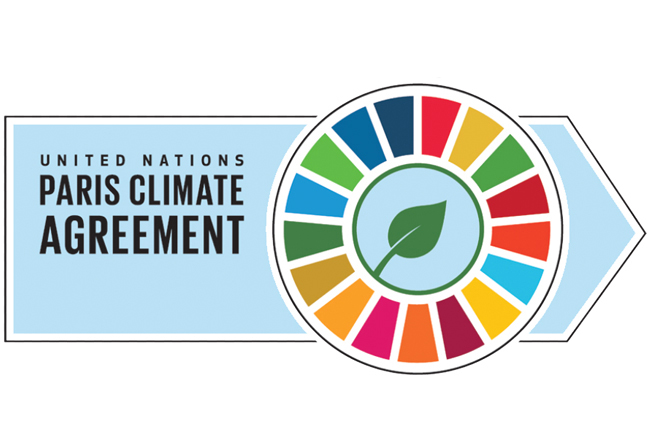Gimme Shelter
Optimism is a wonderful characteristic that makes life more fun and supports our creativity. It powers many of humankind’s achievements. For instance, Columbus’s optimism was a necessary element to his raising assets for a 1492 voyage into the unknown, and in persuading his crew not to turn back in the face of dangers and uncertainty.
There are times, however, when what appears to be optimism is instead refusal to look honestly at inconvenient facts. Educated people who reject the abundant evidence that human activities are changing, and have already changed, natural systems may do so for political, economic, convenience, and religious reasons that likely have little to do with the physics, chemistry and biology of climate change and its effects. They choose to put their heads in the sand and ignore climate science. Or some climate change deniers may be observant, sophisticated pessimists who believe that disastrous climate changes are already baked in, and so deny troubling facts that cannot be changed. It feels good to ignore bad news for as long as possible.
The optimist looks clearly at the damages which humans have inflicted on natural systems, and yet asserts that human creativity and energy can find ways to slow and then stop the bleeding of mankind’s life support systems. The ideas are interesting, but none have proven their practical value. One imaginative concept for stopping world sea level rise is to pump massive amounts of ocean water up almost a mile to near the South Pole. The extreme cold near the pole would freeze the pumped water, reducing sea levels as sea becomes Antarctica ice. Another is to create many square miles of sun shields that would orbit Earth and reflect solar radiation away. A third set is low-energy catalyst processes to breakdown greenhouse gasses into their less harmful chemical parts – for instance, CO2 into O2 and free carbon.
Each of the proposed avoidance and mitigation approaches would require that billions of people cooperate as never before, use resources at unprecedented scales, and do so knowing that all avoidance efforts might fail to stop climate change even if technical fixes did work. Science’s warnings have been public for many decades and humankind has so far done very little to avoid catastrophe, and we know that past behavior is a predictor of future behavior. Physical science predicts that the Earth will continue to warm, the seas will continue to rise, extreme weather events will be more frequent and stronger. History and psychology predict that humankind will do too little to protect itself. Our blog’s more conservative, recommended approach is to give weight to credible predictions that inconvenient climate changes will continue and will accelerate during the remainder of our lifetimes.
Future posts will outline an optimist’s strategies to protect himself and his family from rapid changes in the natural world coming this century.



